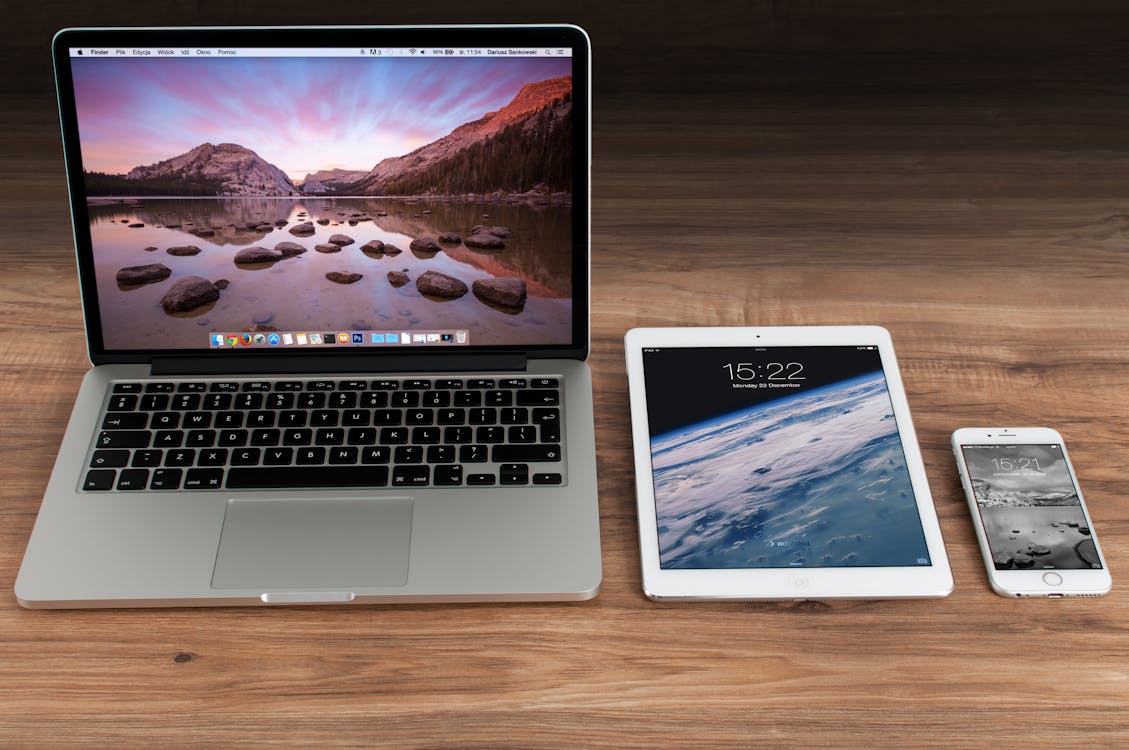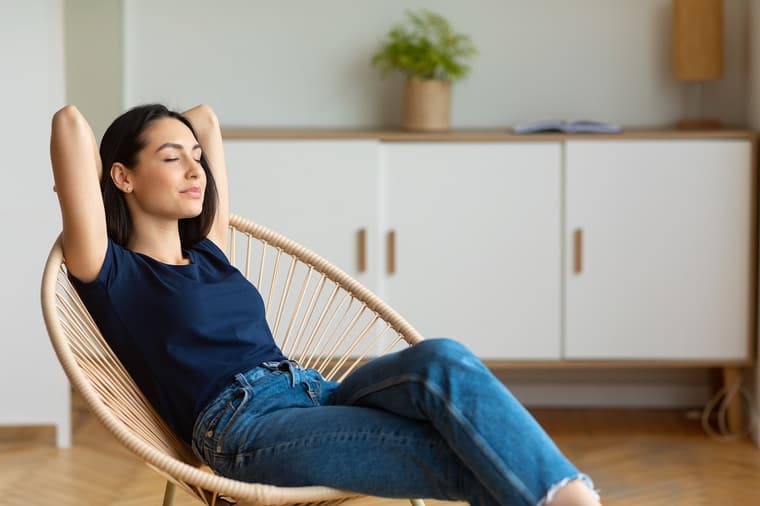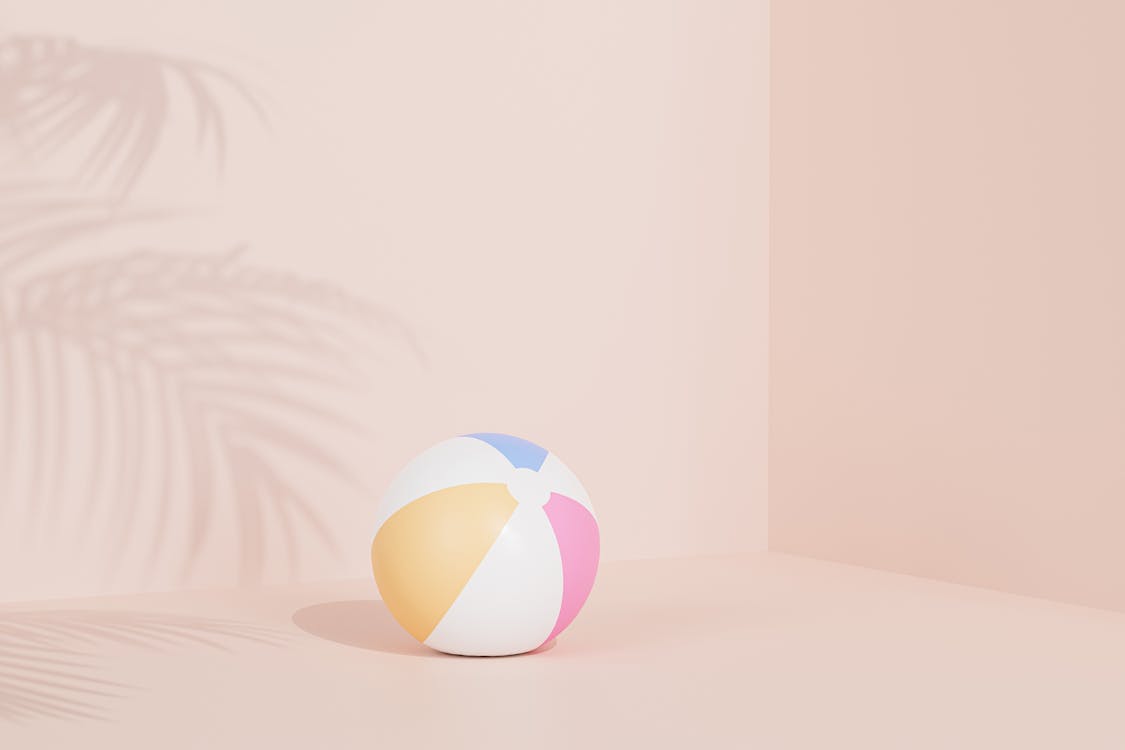The minimalist lifestyle has become a popular style in recent years. Many people define minimalism as meaning that you only use an item when it serves a specific purpose. In other words, it is to live simply, and own only what is necessary for daily living. For example, some people may start the challenge of not spending, or just putting in the house items that are really needed. You can save not only money, but also cleaning and organizing time.
Practicing a minimalist lifestyle is an ongoing process. You will always look for ways to improve and modify your minimalism. To begin with, evaluate what is useful in your life, and what may be superfluous. When you practice minimalist thinking, you are choosing to live a more focused life. You can start with organizing your budget, and then cleaning the house. Taking the first steps to clean up your life is a big step, you may need a plan to keep these habits lasting.
Many of us are owning too much furniture, and even spending too much on unnecessary purchases. Setting a proper and healthy budget will help you cut down on things you don’t need, and may even reduce anxiety and stress.
Tips for beginners to a minimalist lifestyle
When you’re just starting your journey, it’s important to start small. From changing your shopping habits to switching completely to digital apps, there are plenty of ways to change your habits. Here are the basic tips for starting your minimalist journey.
-
Buy quality, don’t buy quantity

Being minimalist doesn’t mean you never go shopping, it just means you’re more intentional when it comes to making purchases. Whether you’re in need of a pair of running shoes or a new business suit, invest in quality products that you can use for the long term. While a higher price may be less than ideal at the time, in the long run, it will save you money by being able to cut back on the frequency of new purchases. Not to mention, you will minimize the amount of garbage you emit. Statistics show that every second a garbage truck with clothes is thrown away.
-
Digitization of movies and books
If you’re someone who likes to read books or watch movies, consider going digital. This will save space in your home, and ensure that you can always find what you want. Instead of having to go to the store to buy your next book, you can get it with just a few clicks. If you want to get a feel for the reality of turning pages while reading, consider going to your local library. You can find all kinds of free storybooks here.
-
Remove, remove, and remove
One of the most important parts of a minimalist lifestyle is cutting back on things you don’t need. To start cleaning, identify what g-stuff serves a specific purpose in your life, and what doesn’t. From there, you can consider reducing the things that don’t bring value to your life, and then getting rid of them altogether. You can try by taking on a money challenge, before cleaning up your entire life.
-
Invest in reusable things
When you start cleaning your home, consider what products are reusable. A simple change is to replace single-use plastic bottles with reusable glass bottles. Or bring reusable cups with you to the café. Not only can you get a discount when you bring your cup, but it also helps cut down on disposable products.
-
Give everything a place
Once you’ve been able to catch up, put everything in place. Get creative with boxes of furniture and papers, to make sure you can store exactly what you need. If you don’t have room for some things, it may be time to consider whether they’re the ones you really need to keep. When your minimalist space is placed there, self-consciously store items after use.
Saving Best Practices of a Minimalist Lifestyle
Starting a minimalist journey is one thing, maintaining that lifestyle is another. To live a purposeful life, there are several methods that are easy to follow. Let’s see how you can save time, money and reduce stress more.
-
Invest in the experience
A common practice in the minimalist lifestyle is to prioritize experiences over buying material items. Some people value memories from trips or classes more than owning the latest gadgets or fashion. Position yourself and spend purposefully.
A minimalist lifestyle can help you cut down on “extra” expenses, which also means you have more money to spend on other things. With this extra budget, choose where to spend intentionally. For example, save on the cost of going to coffee to spend a weekend with your family. You may find yourself saving more, and spending less time on things that cost money.
-
Regularly review your life
Take the time to evaluate your current spending habits, and then do this regularly. Always cut down on things that take up space, or things that consume your energy. Gradually, you’ll find yourself wanting to get rid of things that you previously thought you couldn’t live without. For example, your kitchen may be unnecessarily cluttered, since you only use the same things every time you cook. Reduce what you don’t need to do to get more cooking space.

-
Cut down on pointless spending
The average American spends $18,000 a year on unnecessary purchases. When considering his budget. You can cut out a large portion of these costs. For things you don’t want to get rid of completely, look for inexpensive alternatives. You can replace a resort vacation with a comfortable stay at home.
-
Let go of what you can’t control

Giving up things you can’t control seems easier said than done. To find balance, start by focusing on the things you love to do, the things you enjoy owning. Once you’ve narrowed down what’s most important to you, put your energy into it. Being grateful for what you have also helps you cut back on your budget. You can repurpose what you already have instead of wanting more.
-
Appreciate of what you are
Stay grateful and focus on the positive. Instead of scrolling through social media, write down 3-5 things you’re grateful for. Practicing a grateful attitude as soon as you wake up every morning can boost your mood and get you ready for the day. Being grateful for what you have can even reduce your desire to spend excessively on things you don’t need.
In Conclusion,
It may take you a while to get used to the minimalist lifestyle, but it will pay off. When you sort, clean, and minimize your life, you may find yourself less stressed out by the smaller things. You can even more easily maintain a budget, seeing it more clearly before making spending decisions. Minimalism can shed light on what you want and don’t want to do in order to focus more of your time and energy on the essentials. A minimalist lifestyle affects many areas of your life, such as your budget, home, and relationships.
